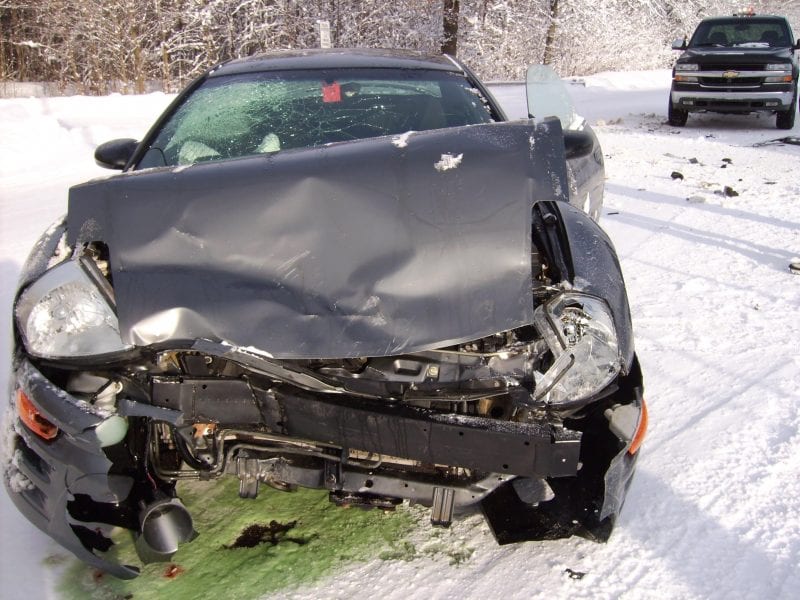Car wrecks happen but it is especially tragic when the person who causes the wreck flees the scene. We have seen multiple examples of celebrities that are accused of fleeing the scene of an accident. A few examples include Lindsay Lohan, Amanda Bynes, Heather Locklear, Halle Berry, January Jones, and Brittany Spears.
Recently, David Cassidy was charged in a hit and run incident in Florida.
What happens in Georgia when a driver flees the scene of a wreck that causes personal injury or death?
O.C.G.A. § 40-6-270 is Georgia’s hit and run statute. It requires the driver of any vehicle to stop when they are involved in a wreck that causes injury or death to a person or damage to a vehicle driven by someone else. If the wreck causes serious injury or death to another person, failure of the driver to stop is a felony. If the wreck only results in property damages or a non-serious injury, the fleeing driver is guilty of a misdemeanor.
So how does this affect civil claims for personal injury?
In other words, who pays for the damages? It depends on whether the fleeing driver is found. If the fleeing driver is found, a civil claim can be made against the at-fault driver. Evidence of the hit and run is admissible in a civil action as proof that the hit and run driver caused the wreck. The jury may also consider this evidence in deciding whether punitive damages are appropriate because the failure to stop and render aid shows “conscious indifference to the consequences.” Langlois v. Wolford, 246 Ga. App. 209 (2000).
Regardless of whether the at-fault driver can be found, it is vitally important for the victim to notify his or her uninsured motorist carrier as soon as possible. Many uninsured motorist policies require the injured person to notify their insurance carrier 30 days of the hit and run wreck. If the uninsured motorist carrier is not notified of the hit and run wreck within the time limitations imposed by the insurance contract, the insurer will probably deny coverage. This notice provision is enforceable in Georgia. See Adams v. Doe, 182 Ga. App. 269 (1987).
The lesson here is simple:
Immediately notify your own automobile insurance company every time you are involved in a wreck. Timely notification is essential to preserve your ability to recover uninsured motorist benefits if the at-fault driver flees the scene of the wreck. If you are involved in a hit and run accident, don’t hesitate to contact Attorney Joel Williams at 833-LEGALGA.
